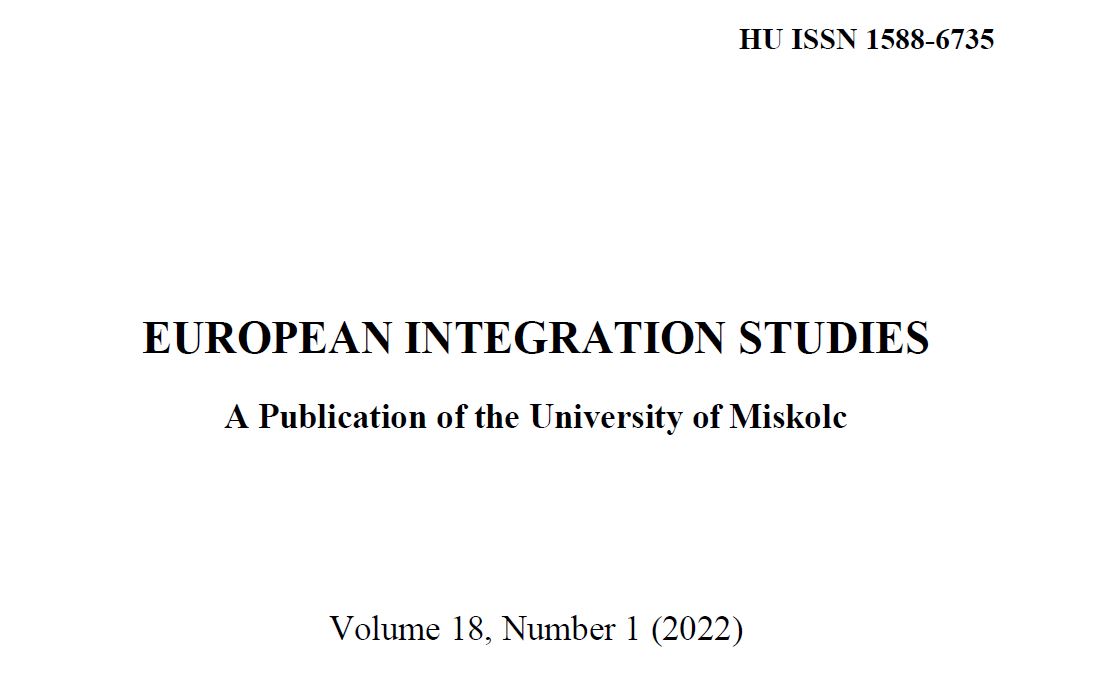The renewed bestseller clause of the copyright act
DOI:
https://doi.org/10.46941/2022.e1.93-101Schlagworte:
correction of license by court,, bestseller clause,, DSM directive,, (copyright) contract adjustment procedureAbstract
The bestseller clause of the Copyright Act is an older legal institution of Hungarian copyright law. The rule was taken over by Hungarian law from the German Copyright Act. The bestseller clause provides protection for a creator in a weaker contractual position than the user. It provides effective assistance for the subsequent consideration of unforeseen circumstances at the time of the conclusion of the contract. Its primary purpose is to remedy the post-contractual shift in value using the special means of judicial amendment of the contract.
The legal institution of the bestseller clause is a special regulatory solution compared to the provisions of the Civil Code on invalidity. It is a special provision compared to invalidity in the event of a significant difference in value, however, it provides a strong limitation on the legal consequences of invalidity.
It only provides an opportunity for the court to amend the contract and eliminate the striking difference in value.
The rule has very poor judicial practice, both in Hungary and abroad. The primary reason for this is that the parties apply contractual arrangements that avoid future uncertainties regarding the amount of the royalty.
One of the aims of the DSM Directive is to extend the legal opportunities for weaker contracting parties, including the EU-level harmonization of the bestseller clause. According to Article 20 DSM, Member States shall ensure that in the absence of an applicable collective bargaining agreement providing for a mechanism comparable to that set out in this Article, authors and performers or their representatives are entitled to claim additional, appropriate
and fair remuneration from the party with whom they entered into a contract for the exploitation of their rights, or from the successors in title of such party, when the remuneration originally agreed on turns out to be disproportionately low compared to all the subsequent relevant revenues derived from the exploitation of the works or performances. The essay examines the possible effects of the extension of the bestseller clause to new areas in the national copyright law and the relationship between the new provisions and civil law invalidity rules.
Literaturhinweise
REFERENCES
Faludi G. (1999). A felhasználási szerződés. Budapest: Közgazdasági és Jogi Kiadó.
Gyertyánfy P. (1996). A magyar szerzői jogról. Magyar Tudomány, Vol. 1996, No. 12, pp. 1521–1525.
von Lewinski, S. (2008). International Copyright Law and Policy. Oxford: Oxford University Press.
von Lewinski, S. (1996). Urhebervertragsrecht. In: Schricker, G. – Bastian, E. M. – Dietz, A. (eds.). Konturen eines europäischen Urheberrechts. Baden- Baden: Nomos, pp. 49–57.
Sándor I. (2021). A feltűnő értékaránytalanság egyes elméleti és gyakorlati aspektusai. Miskolci Jogi Szemle, Vol. 16, No. 3, pp. 50–69.
Senftleben, M. (2018). More Money for Creators and More Support for Copyright in Society- Fair Remuneration Rights in Germany and the Netherlands. Columbia Journal of Law & the Arts, Vol. 41, No. 3, pp. 413–433.
Tomasovszki E. (2021). A követő jog alapproblémái és szabályozási kérdései. PHD dissertation. Available at: https://dea.lib.unideb.hu/dea/bitstream/handle/2437/322802/Tomasovszky_Edit_PhD_nyilvanos_titkositott.pdf?sequence=1&isAllowed=y.
Zampf, D. A. (2002). Kollektive Wahrnehmung von Urheberrechten im Online-Bereich. Rechtliche Rahmenbedingungen für ein Tarifmodell zur Nutzung von Musik im Internet. Münster: LIT Verlag.





